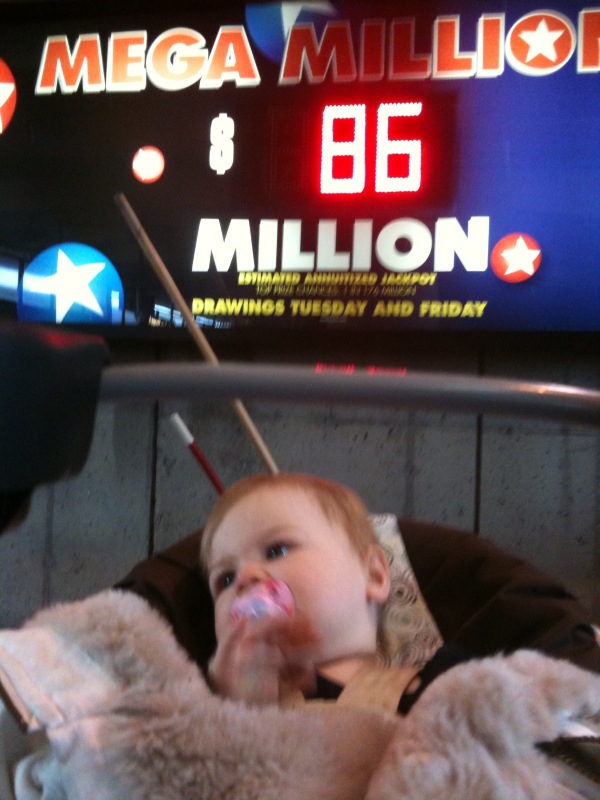While New Hampshire policymakers have been busy debating whether or not to expand gambling in the state, we tend to forget we already have state-run gambling in the form of New Hampshire’s Lottery Commission–draining $229 million from the wallets of Granite Staters in FY 2011 according to their latest financial report (pdf).
Proponents of expanded gambling never discuss how it will inevitably cannibalize New Hampshire’s existing lottery–thus reducing the so-called “financial benefits” of expanded gambling. Of course, Cornerstone opposes expanded gambling in New Hampshire.
However, New Hampshire’s lottery system has many of the same problems as casino gambling. For instance, Bloomberg Rankings recently released their lottery “sucker index” which found that:
Georgia’s lottery players are the biggest suckers in a nation buying more than $50 billion a year in tickets for state-run games, which have the worst odds of any form of legal gambling.
Players in Georgia, whose per capita income is about 10 percent below the U.S. average, are doing the most damage to their personal finances. They spent the second-highest chunk of their income on the lottery, which funds college scholarships and pre-kindergarten, according to the Sucker Index created by Bloomberg Rankings.
Governors use lotteries to pay for education, environmental protection and other programs. In the past fiscal year, sales rose for 26 of the 43 states that have games, helping close budget gaps from declining tax revenue and federal aid. The pot comes disproportionately from lower-income residents, according to a Journal of Behavioral Decision Making study.
“You’re taking from those with few means and helping those with more means,” Charles Clotfelter, a Duke University economics professor, said from Durham, North Carolina. “To link that tax revenue to a benefit that goes largely to middle-and upper-class citizens is a little stunning,”
New Hampshire ranks fairly high as the 18th highest sucker state, of the 43 states with a lottery, in the “Sucker’s Index.” New Hampshire’s score is a result of a low prize payout percentage of revenue (59.3 percent, rank 27 out of 43) and a high level of lottery spending of $227 per adult (rank 15 out of 43). View the “Sucker’s Index” Methodology for more details.
The best way for New Hampshire to drop in this index is for folks to simply shift their spending habits toward supporting our hard working, mom-and-pop businesses that are currently being crowded-out by lottery spending.


